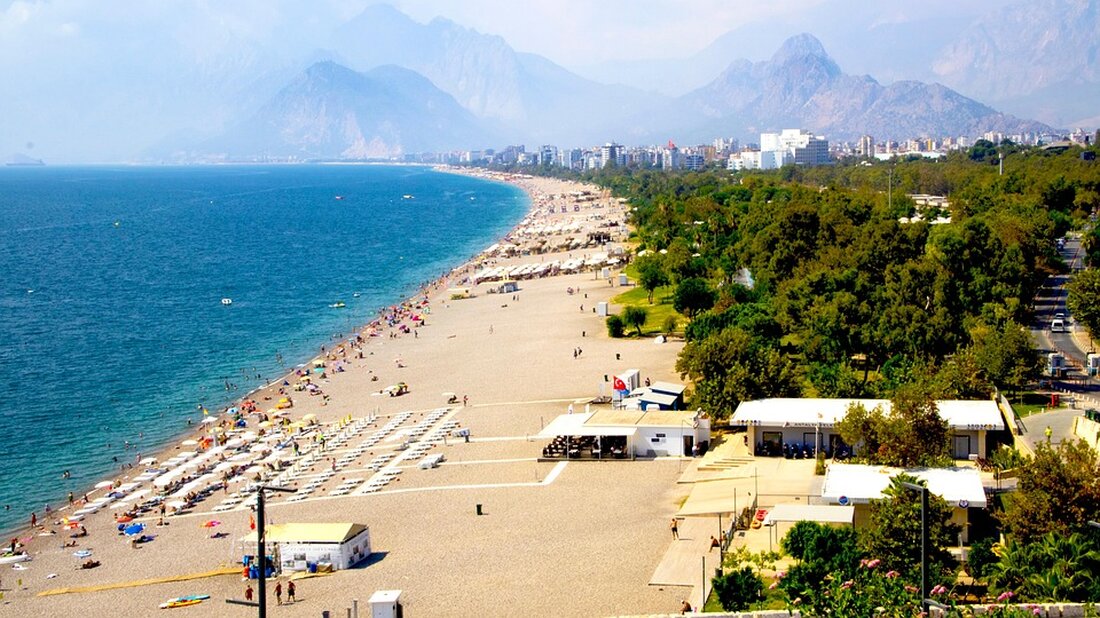Tourism scandal in Turkey: Strict rules are putting companies in distress!
Rising prices and new Airbnb law are putting a strain on Turkish tourism. Background and current developments in travel behavior.

Tourism scandal in Turkey: Strict rules are putting companies in distress!
Turkey remains an extremely popular summer travel destination for Germans and is currently in fourth place among the most popular holiday destinations, after Germany, Spain and Greece. However, there are increasing concerns about rising holiday prices, which could spell the end of the long-awaited “cheap holiday”. Particular focus is on so-called “villa tourism” in popular regions such as Antalya, Kaş, Kumluca and Fethiye, which is thriving, but often without the necessary official permits.
To address this issue, the new Law No. 7464, also known as the “Airbnb Law”, came into force on January 1, 2024. This law imposes stricter requirements for the approval of holiday accommodation, although non-compliance may result in a ban on the operation of these properties. Laws require landlords to obtain approval from the Ministry of Culture and Tourism before renting out their properties. This not only affects private landlords, but also professional providers.
Regulations and requirements
The law establishes clear requirements that regulate the rental of residential properties for tourism purposes. Not only are permits necessary, but also special precautions when operating rental properties. This includes compliance with fire safety regulations, including the use of fireproof doors.
Another important element of the law is the obligation for identity reporting: landlords are required to record tenants' identity information and report it to the relevant authorities. In addition, an approval sticker must be attached to every rented property and compliance with this rule is strictly monitored.
Criticism and challenges
The implementation of the new law does not come without controversy. The Villa Operators Association, TURVİB, was founded to fight against the potential negative effects of the law. Politicians like Cavit Arı from the CHP criticize the Ministry of Tourism for what they perceive to be negligent actions and are calling for an extension of the deadline until December 31, 2025 in order to be able to meet the new requirements.
The challenges in this context are not insignificant. Many existing holiday homes are listed, which could slow down the necessary approvals for changes and adaptations. Experts also warn of risks that could affect travel to Turkey, especially in view of possible earthquakes. This could lead to a rethink among travelers who previously chose Turkey.
In summary, the new legislation regulating holiday rentals in Turkey could have far-reaching implications for the tourism sector. It remains to be seen how the industry will respond to these new requirements and whether the desired goal of creating a transparent and secure rental environment can be achieved. The waiting time for the exact regulations to be published in the official gazette could be crucial here. The market for short-term rentals will have to change significantly in the future under the influence of this law.

 Suche
Suche
 Mein Konto
Mein Konto